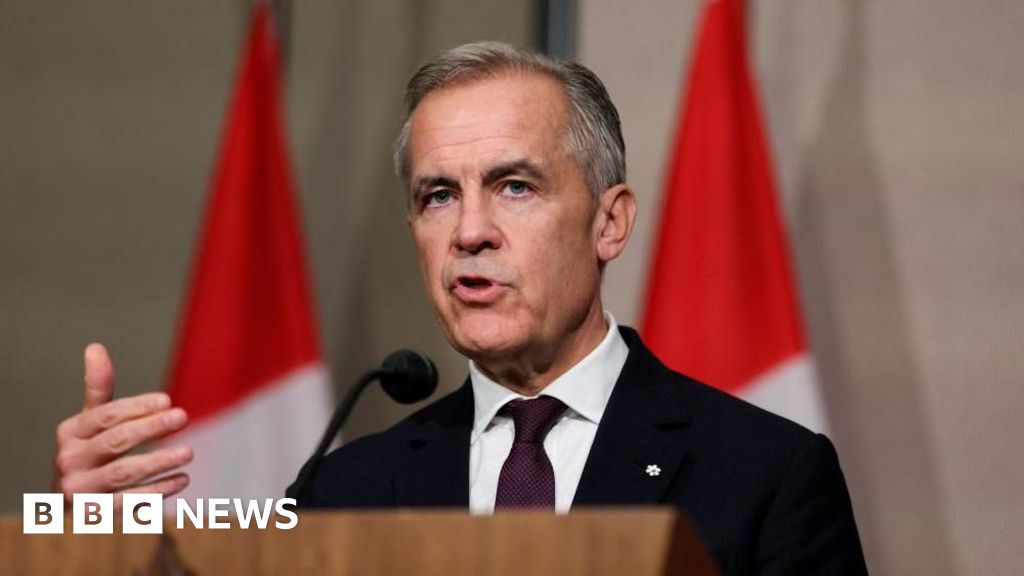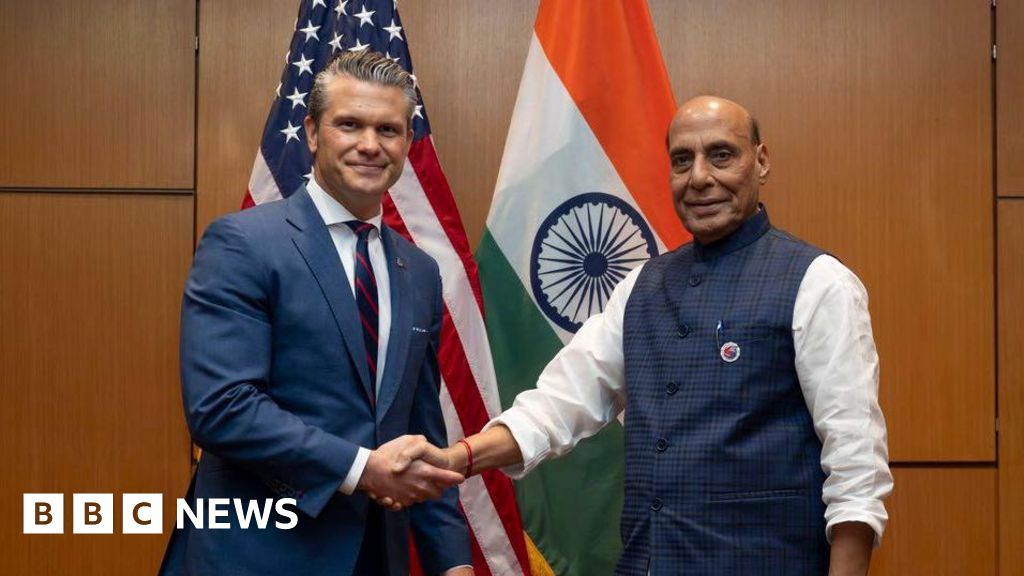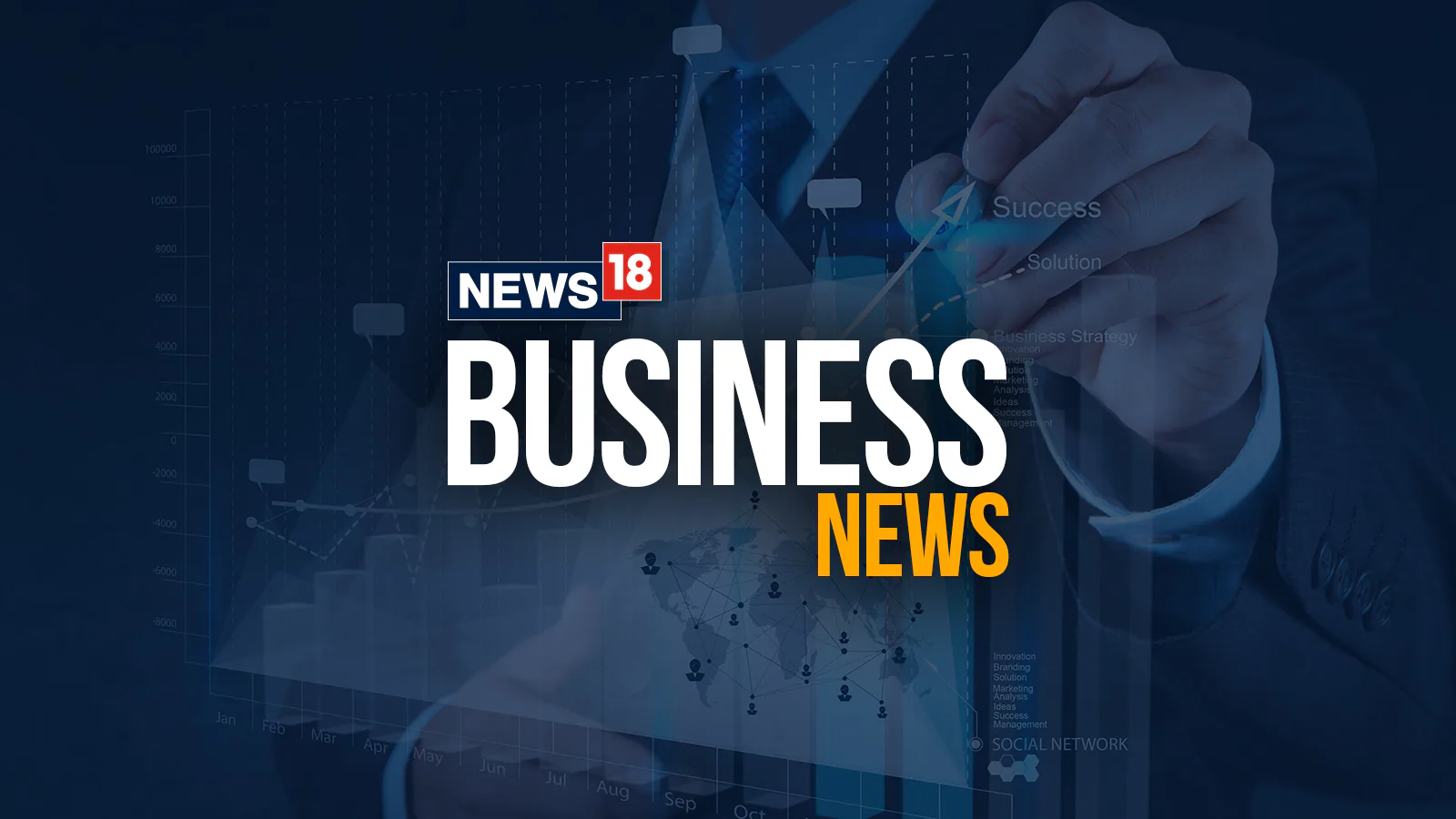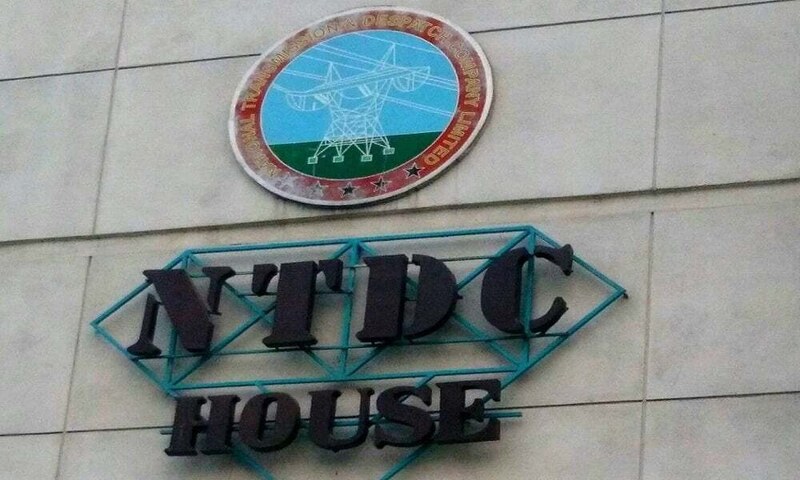Copyright bbc

A trade dispute has been escalating since Canada placed a 100% tariff on Chinese electric vehicles (EVs) in October 2024, mirroring similar action by the US. Later that same month, Canada placed a 25% tariff on Chinese steel and aluminium. China retaliated in March by imposing tariffs on several Canadian agricultural products, including a 76% levy on Canadian canola seed imports and a 100% levy on canola oil, meal and peas. These measures have hurt farmers in the western part of the Canada, as China is by far the largest importer of the country's canola seeds. Some western provincial premiers, including Wab Kinew of Manitoba and Scott Moe of Saskatchewan, have since called on the federal government to drop tariffs on Chinese EVs. Kinew said earlier this month that Canada has now found itself in a "two-front trade war" with its two largest trading partners — the US and China. Separately, the US has imposed a 35% tariff on all Canadian goods not covered by an existing free trade agreement, as well as a 50% levy on steel and aluminium and a 25% levy on automobiles. Ontario premier demands apology from US ambassador over tariff 'tirade'What tariffs has Trump announced and why? Last week, US-Canada relations hit a new low after Trump suspended all trade talks over an anti-tariff advertisement run by Ontario Premier Doug Ford that featured an address on free trade by former US president Ronald Reagan. On Friday, Trump said the two countries will not restart trade talks. Trump has also threatened to raise tariffs on Canada another 10%, though it is unclear if and when that would come into effect. Prior to the tariffs, Canada-China relations were already reeling from a diplomatic row that resulted in Beijing detaining two Canadian citizens, Michael Spavor and Michael Kovring. The two were accused by China of espionage and were taken into custody in 2018. Their arrest came days after Canada detained Meng Wanzhou, a Chinese technology executive and chief financial officer of Huawei, at the request of the US. All three were subsequently released in 2021 after the US Department of Justice dropped an extradition request for Ms Wanzhou on charges of fraud. China was also one of the countries called out for possibly meddling in Canada's 2019 and 2021 elections, prompting a Canadian public inquiry into foreign interference. That inquiry concluded that attempts by foreign states to meddle in recent elections were "troubling" but had "minimal impact". China has denied any allegations of meddling. Carney's APEC meeting with Xi in South Korea comes one day after the Chinese president met with Donald Trump - the first between the two in six years. In that Thursday meeting, Xi and Trump agreed to dial back their countries' trade war. No formal agreement has been signed, but the two signalled they are closer to a deal that would lower tariffs.



